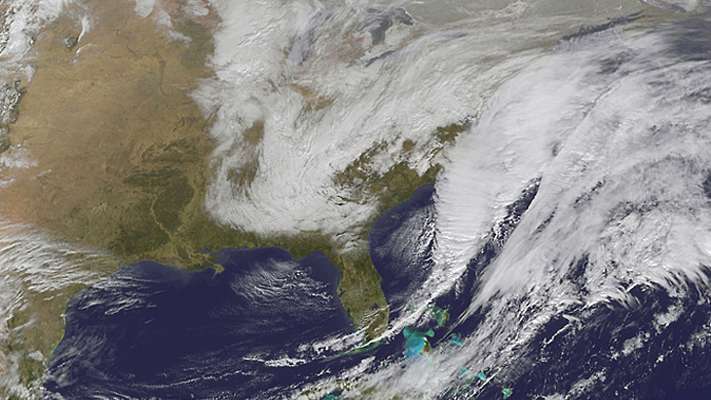Study looks at climate change concern in adolescents

A North Carolina State University study of middle schoolers found that concern about climate change was linked to whether students had a personal belief in human-caused climate change and how often they discussed the topic with family and friends – even those who disagreed.
Adolescence is a key time in forming environmental views, says Kathryn Stevenson, a postdoctoral researcher with NC State's College of Natural Resources and lead author of the study in Environmental Education Research.
"Kids in middle school can understand climate change science but they haven't developed strong political ideologies yet, so they aren't polarized in the same way adults are," says Stevenson, a former North Carolina science teacher. "We wanted to identify factors that influence how kids think about climate change and the relative importance of each factor."
Studies of adults show a link between climate change concern and willingness to take action individually or as a group, Stevenson says. "Adolescents will reach adulthood as the brunt of climate change impacts arrive, so their willingness to support ways to adapt to and mitigate climate change will matter."
Researchers surveyed more than 400 students in sixth, seventh and eighth grade from 24 middle school classrooms in coastal North Carolina.
The strongest factor predicting climate change concern was a personal belief in human-caused climate change.
A second strong predictor of climate change concern was how frequently students discussed the topic with friends and family.
"Talking about climate change with a peer or family member made a difference," Stevenson says. "Surprisingly, it was the number of conversations that mattered, not whether the friend or family member shared the same view as the student.
"It's possible that families who talk about climate change are more likely to seek out information. It may be that discussing the issue in and of itself builds concern about climate change among adolescents."
Students' perceptions of how friends and family members viewed climate change also predicted whether students had climate change concern, but the relationship was not as strong as that of personal beliefs and frequent discussions.
The study found a higher level of climate change concern among female students. Results mirror previous studies that show adult women are more likely to be concerned about climate change than men and to have more pro-environmental attitudes, Stevenson said.
More information: Kathryn T. Stevenson et al. The influence of personal beliefs, friends, and family in building climate change concern among adolescents, Environmental Education Research (2016). DOI: 10.1080/13504622.2016.1177712
Provided by North Carolina State University
















